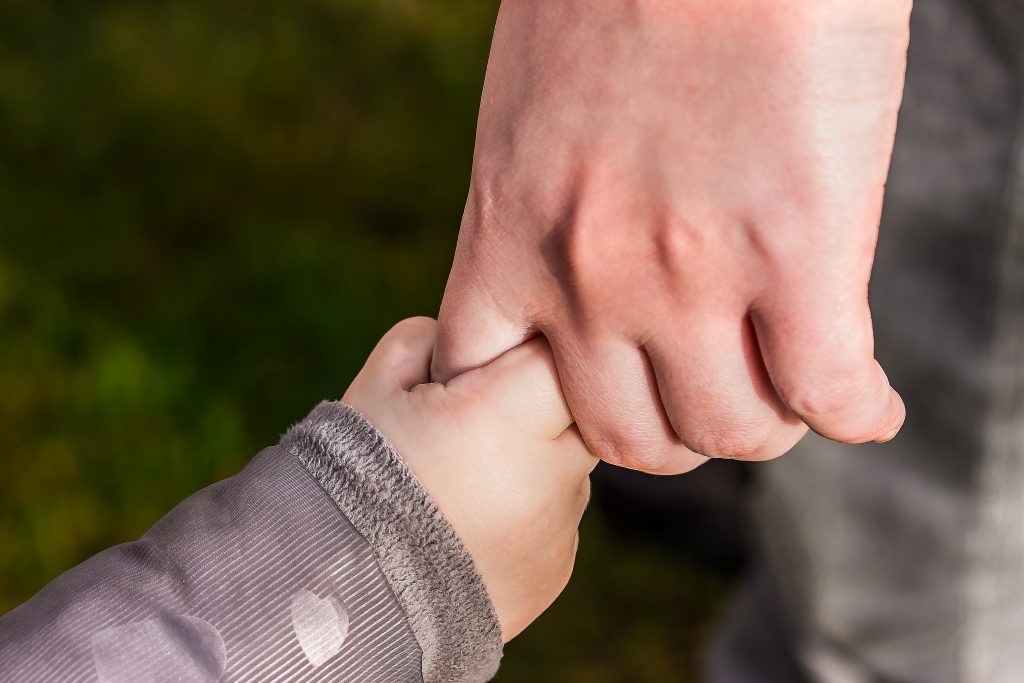Adolescence is already a tumultuous time in life. In addition to this, being a Muslim youth means that you are under constant scrutiny, as well as, prejudice – making it even harder for young people to cope through the phase between childhood and adulthood. One of the most significant challenges a muslim youth accounts during this phase is low self-esteem.
Working with teens on a daily basis, I have realised that young Muslims find themselves constantly at odds with their identity as well as the ideal that the present social media proclaims. It is not really surprising that young Muslims are plagued with low self-esteem when the media and even the educational curricula around the world has such twisted definitions of success and beautiful.
Where they are asked to cover up and lower their gaze, and not flaunt their beauty, the ideal set by social norms is skin tight dresses, or clothes barely covering the body and beauty is defined by the number of members of opposite sex vying for your attention or flirting with you. Subhan Allah.
All you want to do during the teenage is find a place to belong. Being a Muslim in a western, or largely non-Muslim locality makes them even more “othered” than they usually would have.
All this seems a bit obvious when we begin to discuss it. However, we must begin to take the blatant lack of self-esteem amongst the youth of our ummah very seriously.
Most of the times, our Muslim communities do not have a conducive environment for children and youth – often focusing on criticizing the young people and kicking out young children because they make too much noise.
We expect the Muslims to come in the mosque and be a part of the community as adults but we are unable to provide them a welcoming environment during their formative years.
When Muslim youth does not think they belong in the Muslim community, it becomes very easy for them to shed it behind and then leave Islam entirely – or bend the rules laid down by Islam. Either way, this creates chaos in the society as the rules and constraints of Islam were laid down with the reason to make life easier.
So, what can we do to boost the self-esteem of the youth?
Make Them Feel Belonged
I have told this many times already: young people want somewhere to belong. You can be more inviting, not just in your words but your manner. This will not be an easy road. Young people are not the most accepting when it comes to advice and suggestions. But the best thing you can do for them is be there when they need you ro come to you. Do not taunt them or shoot them down when they approach you.
Be a Good Role Model
If you want your child to follow the teachings of Islam, make sure you are following them, too. Of course, we are all humans and we make mistakes, but try to be a better person for the young people out there. Better yet, when you make mistakes, accept them and then show the youth how you deal with your mistakes – with forgiveness, repentance and resilience.
Teach them Patience
Young people may not be the most voluntary learners. But some lessons need to be taught. Of course, it matters how you teach them. Modeling is the perfect way to teach adolescents about patience. But for this, you will have to be patient, too.
Show them the Silver Lining
How many times have you ranted about the lack of opportunities for Muslims? Or the current affairs of the Muslims being despicable? And how many times have you made efforts to improve the current situation? There is always hope. There is always help from Allah and you, not only need to learn to see the silver linings but also teach them to see it.
Start Young
It’s never too early to teach your children, or even the children in the muslim community about Islam and a sense of community amongst the Ummah. Do not take the years of 2 – 10 for granted and make sure that you teach the children about Islam and how being a Muslim is a blessing so they don’t doubt their religion as they grow older.



